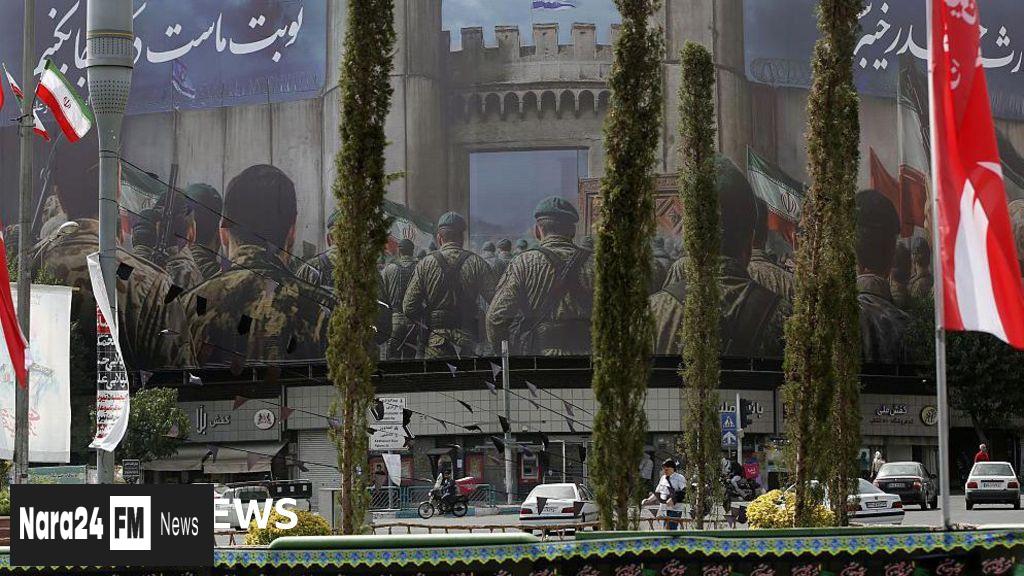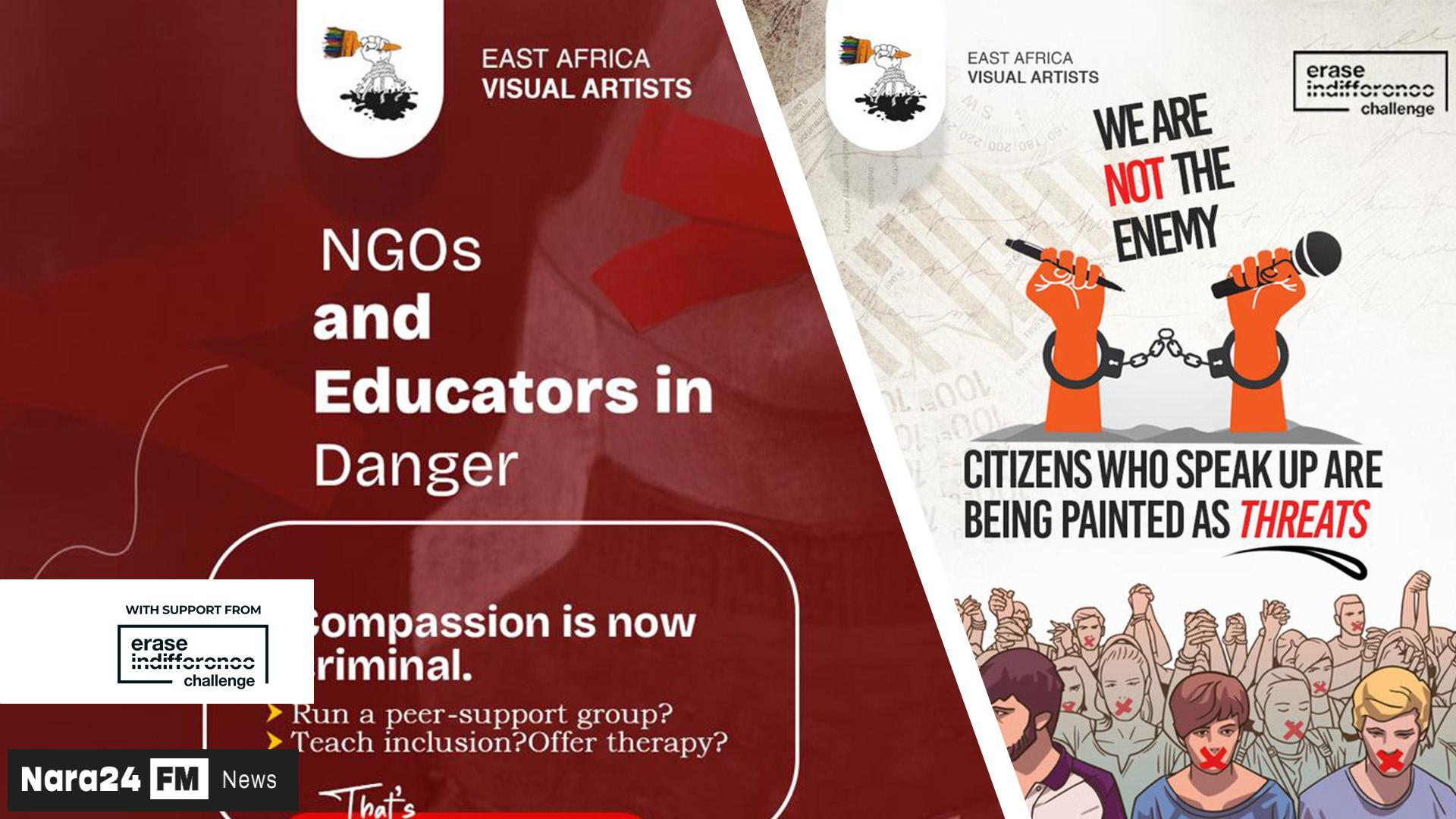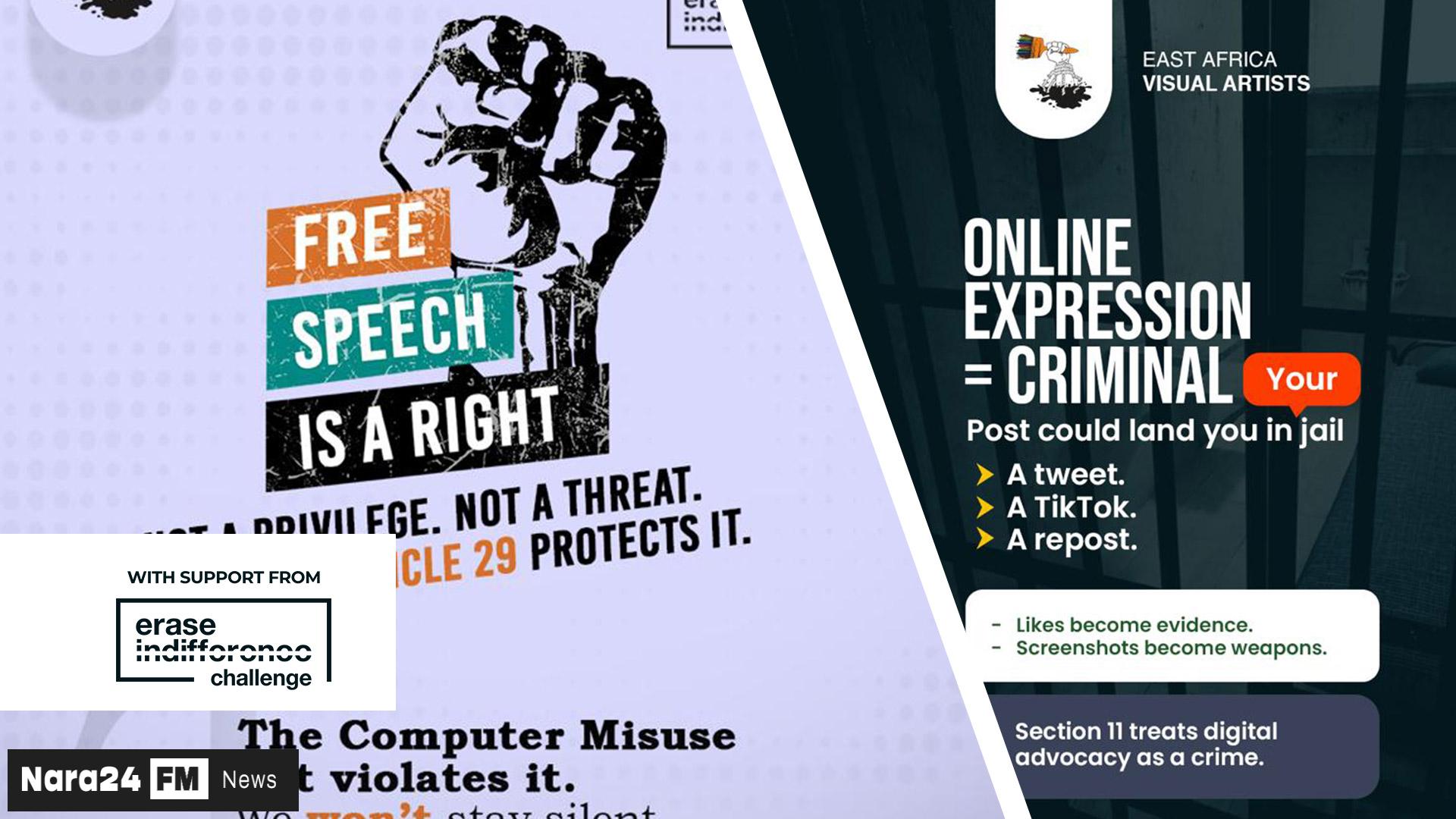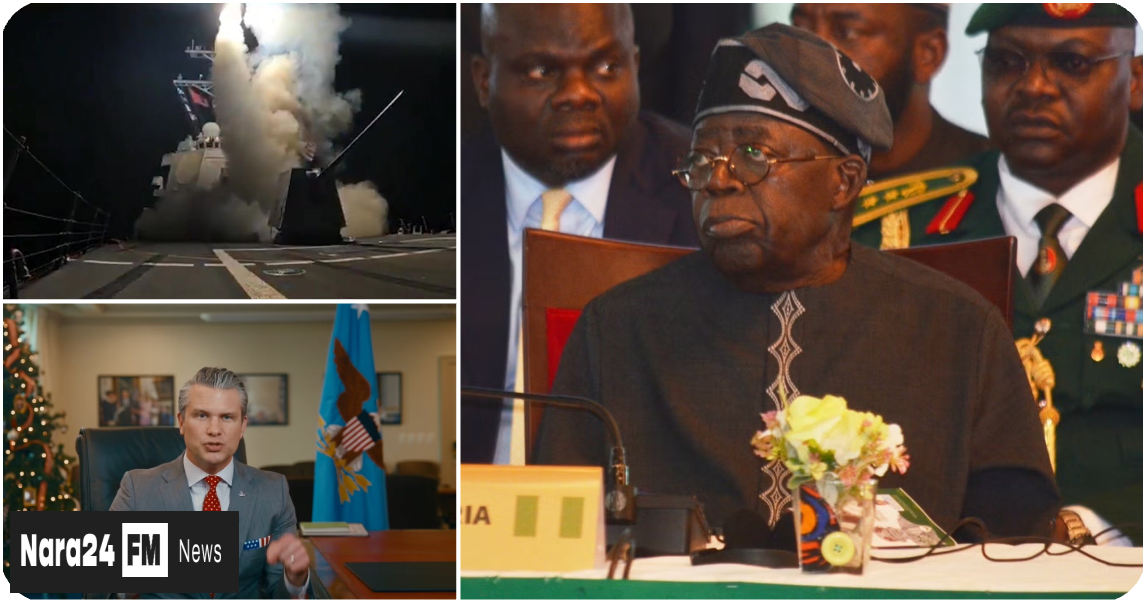In This Article
- Iran's Crackdown on Alleged Spies
- High-Profile Assassinations and Accusations
- Executions and Arrests of Suspected Spies
- Concerns over Human Rights and Fair Trials
- Intimidation of Journalists and Media Workers
- Broader Strategy to Silence Dissent and Intimidate Exiles
- Restrictions on Internet Access and Social Media
- Parallels to the 1980s and Fears of Future Repression
Iranian authorities have initiated a crackdown on individuals suspected of collaborating with Israeli intelligence agencies, following the recent conflict between the two nations. This intensified action comes as a response to what officials claim was an unprecedented infiltration of Iranian security services by Israeli agents.
Authorities believe that information passed to Israel may have contributed to a series of high-profile assassinations during the conflict, including the targeted killings of senior commanders from the Islamic Revolutionary Guard Corps (IRGC) and nuclear scientists, which Iran attributes to operatives of Israel's Mossad intelligence agency operating within the country.
Shaken by the scale and precision of these killings, authorities have been targeting anyone suspected of working with foreign intelligence, justifying it in the name of national security. However, many fear this is also a means to stifle dissent and tighten control over the population.
In the 12-day conflict, Iranian authorities executed three people accused of spying for Israel. On Wednesday, just one day after the ceasefire, three more individuals were executed on similar charges. Officials have since announced the arrest of hundreds of suspects across the country on accusations of espionage. State television has aired alleged confessions from several detainees, purportedly admitting to collaboration with Israeli intelligence.
Human rights groups and activists have voiced concerns over these latest developments, citing Iran's longstanding practice of extracting forced confessions and conducting unfair trials. There are fears that more executions may follow.
Iran's Ministry of Intelligence claims it is engaged in a "relentless battle" against what it calls Western and Israeli intelligence networks - including the CIA, Mossad, and MI6. According to Fars News Agency, which is affiliated with the IRGC, since the beginning of Israel's attack on Iran on 13 June, "the Israeli spy network has become highly active inside the country." Fars reported that over the course of 12 days, Iranian intelligence and security forces arrested "more than 700 individuals linked to this network."
Iranians have reported receiving warning text messages from Iran's intelligence ministry informing them their phone numbers had appeared on social media pages related to Israel. They were instructed to leave these pages or face prosecution. The Iranian government has also stepped up pressure on journalists working for Persian-language media outlets abroad, including BBC Persian and the London-based Iran International and Manoto TV.
According to Iran International, the IRGC detained the mother, father, and brother of one of its TV presenters in Tehran to pressure her into resigning over the channel's coverage of the Iran-Israel conflict. The presenter received a phone call from her father - prompted by security agents - urging her to quit and warning of further consequences.
When Iran's supreme leader emerges from hiding, he will find a very different nation. "We are exhausted," say Iranians after the fragile ceasefire.
After the conflict began, threats directed at BBC Persian journalists and their families have become increasingly severe. According to the journalists recently affected, Iranian security officials contacting their families have claimed that, in a wartime context, they are justified in targeting family members as hostages. They have also labeled the journalists as "mohareb" - a term meaning 'one who wages war against God' - a charge that, under Iranian law, can carry the death penalty.
Manoto TV has reported similar incidents, including threats against employees' families and demands to cut all ties with the outlet. Some relatives were reportedly threatened with charges such as "enmity against God" and espionage - both capital offenses under Iranian law.
Analysts view these tactics as part of a broader strategy to silence dissent and intimidate exiled media workers. Security forces have also detained dozens of activists, writers, and artists, in many cases without formal charges. There are also reports of arrests targeting family members of those killed during the 2022 "Woman, Life, Freedom" anti-government protests.
These actions suggest a broader campaign aimed not only at current activists but also at those connected to previous waves of dissent.
During the war, the Iranian government severely restricted access to the internet, and even after the ceasefire, full access has not yet been restored. Limiting internet access during crises, especially during nationwide protests against the government, has become a common pattern by Iran. Additionally, most of the social networks like Instagram, Telegram, X and YouTube, as well as news websites such as BBC Persian, have long been blocked in Iran and cannot be accessed without using a Virtual Private Network (VPN) proxy service.
Human rights advocates and political observers have drawn parallels to the 1980s, when the Iranian authorities brutally suppressed political opposition during the Iran-Iraq War. Many fear that, in the wake of its weakened international standing after the conflict with Israel, the Iranian authorities may again turn inward, resorting to mass arrests, executions, and heavy-handed repression.
Critics point to events of 1988, when, according to human rights groups, thousands of political prisoners - many already serving sentences - were executed following brief, secretive trials by so-called "death commissions." Most victims were buried in unmarked mass graves.








Comments (0)
Leave a Comment
Be the first to comment on this article!